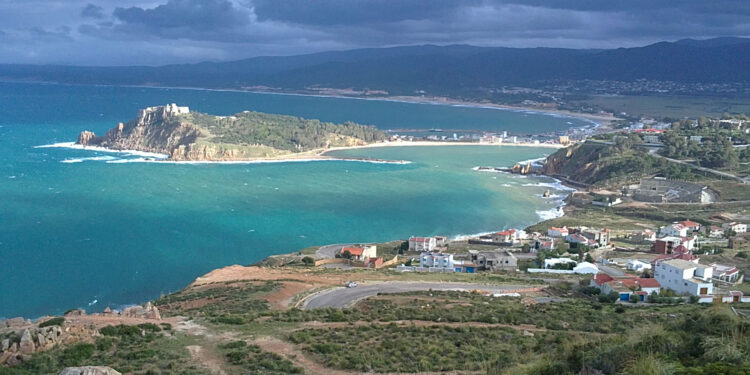Tourist megaproject Costa Coraliswhich aims to transform the Tabarka region in the northwest of Tunisia, is at the heart of an increasing impatience. After studying feasibility carried out by firms renowned such as Deloitte, and several preliminary approvals, its launch is still slowed down by administrative blockages. This frustration, highlighted by The Italian Agency Novais widely shared by local investors.
A project launched in 2016, carried by Haifa HDI
Imagined in December 2016, Costa Coralis is the result of a collective initiative of local and regional investors gathered within the company Haifa for Development and Investment (Haifa HDI)created specifically to manage this tourist megaprojet integrated into the governorate of Jendouba. The project extends over 140 hectares of state -owned land, which must be transferred to the tourist land agency before any construction operation.
“Many entities are involved,” says Saadallah Khalfaoui, member of the board of directors of Haifa HDI, stressing administrative complexity. Indeed, the final approval of the project depends on the green light from several ministries – infrastructure, environment, state areas and territorial affairs – making the process long and laborious.
Multiple brakes slow down starting
Beyond the multiplicity of institutional actors, several reasons explain these delays:
- Environmental constraints : the Tabarka region, rich in biodiversity and partially protected, requires strict impact studies and the application of rigorous environmental standards.
- Complex regulatory framework : The rules supervising tourism on public terrains involve delicate coordination between different state agencies.
- Long land procedures : The transfer of state land to the tourist land agency is the subject of heavy legal procedures, sensitive in the Tunisian context.
- Post-revolutionary context : Since 2011, economic and political uncertainty sometimes has slowed down major investment operations, especially in peripheral regions.
Despite these obstacles, the interest of investors remains strong. Several large companies have already signed letters of intention. According to Deloitte, the project could generate more 12,000 jobsa major lever for the economic development of Tabarka, the governorate of Jendouba and the country.
Tabarka in the face of the seasonal tourism challenge
Tabarka, a historic city and rich in heritage, is experiencing mainly seasonal tourism. With less than 5,000 hotel beds available – while 10,000 would be necessary to attract major international tour operators – the region is struggling to capture a stable foreign clientele. The local airport, with flights limited to the high season, also reflects this lack of attractiveness.
To maintain the dynamics, Haifa HDI launched a private “mini-project” on 7 hectares, near the La Cigale hotel. With a capital of around 5.5 billion dinars (1.62 billion euros), it includes a hotel, commercial and cultural spaces, conference rooms and a cinema. This project aims to animate the tourist area all year round, pending the validation of Costa Coralis.








